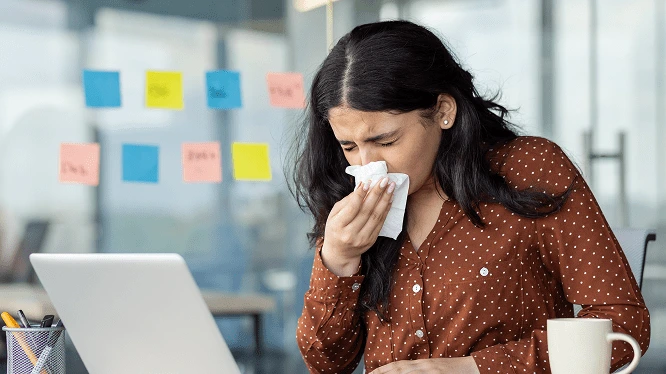Who needs protection from typhoid?
If you think you’re not at risk, you might be mistaken.

Typhoid can affect anyone
Typhoid fever is a severe and potentially life-threatening illness that can spread through drinking unsafe water, eating unsafe food or just by an infected person handling your food or drink.[1]

Families and households
Typhoid spreads through contaminated water, raw food and unsanitary living conditions. Cook food thoroughly and wash hands before cooking and eating and after using the washroom.
Prevention
- Practice good hygiene. Wash hands before eating, after using the washroom and before handling food.
- Cook food thoroughly and store it safely.
- Drink only treated or boiled water.

Schools and children
Sharing lunch boxes, water bottles and not washing hands can spread typhoid. Encourage hand washing, ensure access to safe drinking water and promote typhoid awareness in schools.
Prevention
- Promote handwashing among students and staff.
- Ensure safe food handling practices in school cafeterias.
- Provide clean drinking water.

Adults and senior citizens
Older adults and people with weakened immune systems are at higher risk of getting typhoid.
Prevention
- Get vaccinated against typhoid.
- Practice good hygiene, especially when travelling.
- Be cautious about eating street food.

Travellers
Travelling to crowded or high-risk areas can increase the risk of typhoid infection.
Prevention
- Get vaccinated before travel.
- Drink only safe or treated water.
- Avoid raw or undercooked food.
- Maintain strict hygiene, including frequent handwashing.

Workplaces and employees
Sharing food and drinks without washing hands, along with unclean workplaces, increases the risk. Companies should maintain hygiene and sanitation standards to prevent the spread.
Prevention
- Promote handwashing and hygiene practices.
- Provide clean and accessible restrooms.
- Encourage safe food handling in office kitchens and cafeterias.
Getting vaccinated significantly reduces your risk of typhoid fever and its complications. It’s a simple step to safeguard yourself and those around you.
Consult a doctor today.
Resources
Disclaimer: A public awareness initiative by Bharat Biotech International Limited. This information is for general awareness only and does not constitute medical advice. The doctors, medical facilities and graphics shown are for illustrative purposes only. For any medical advice or any question or concern you may have regarding your condition, consult your doctor.